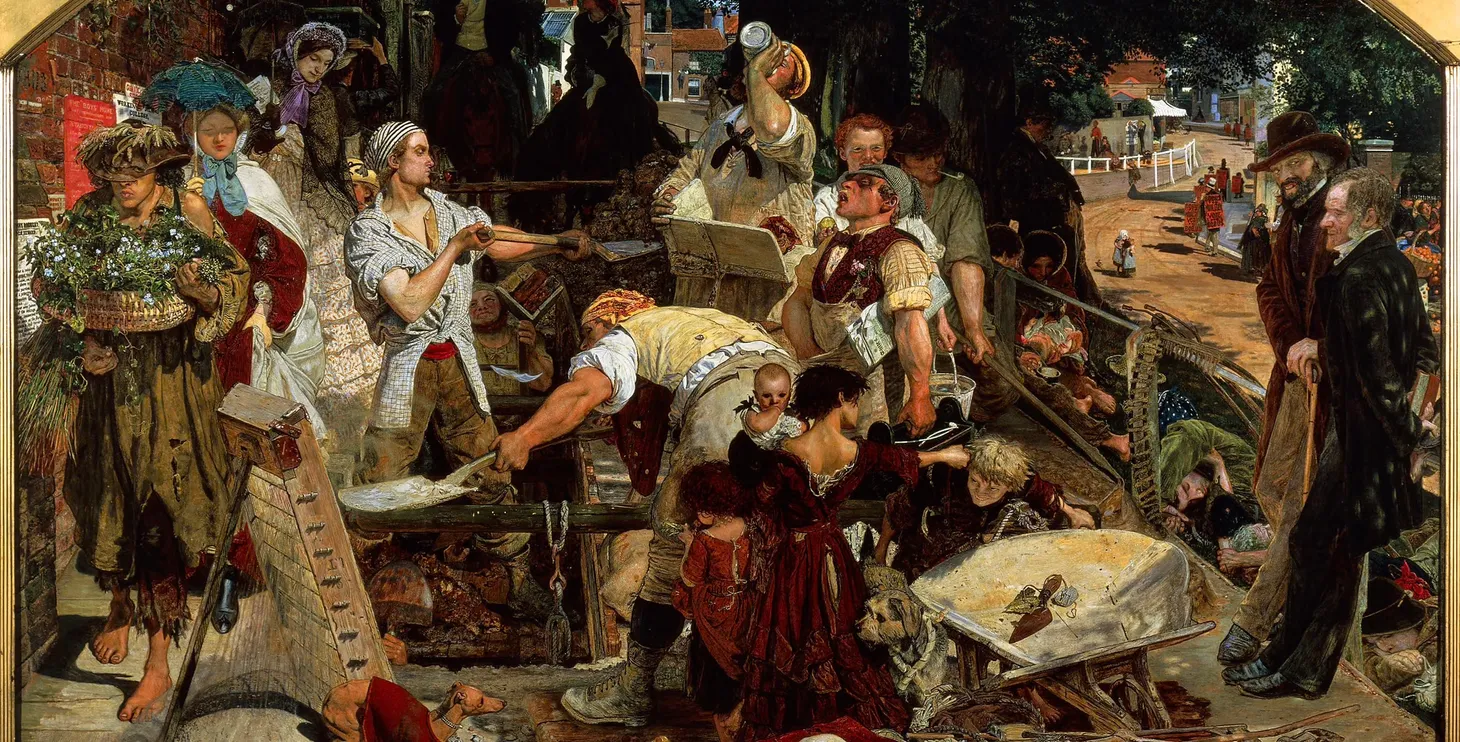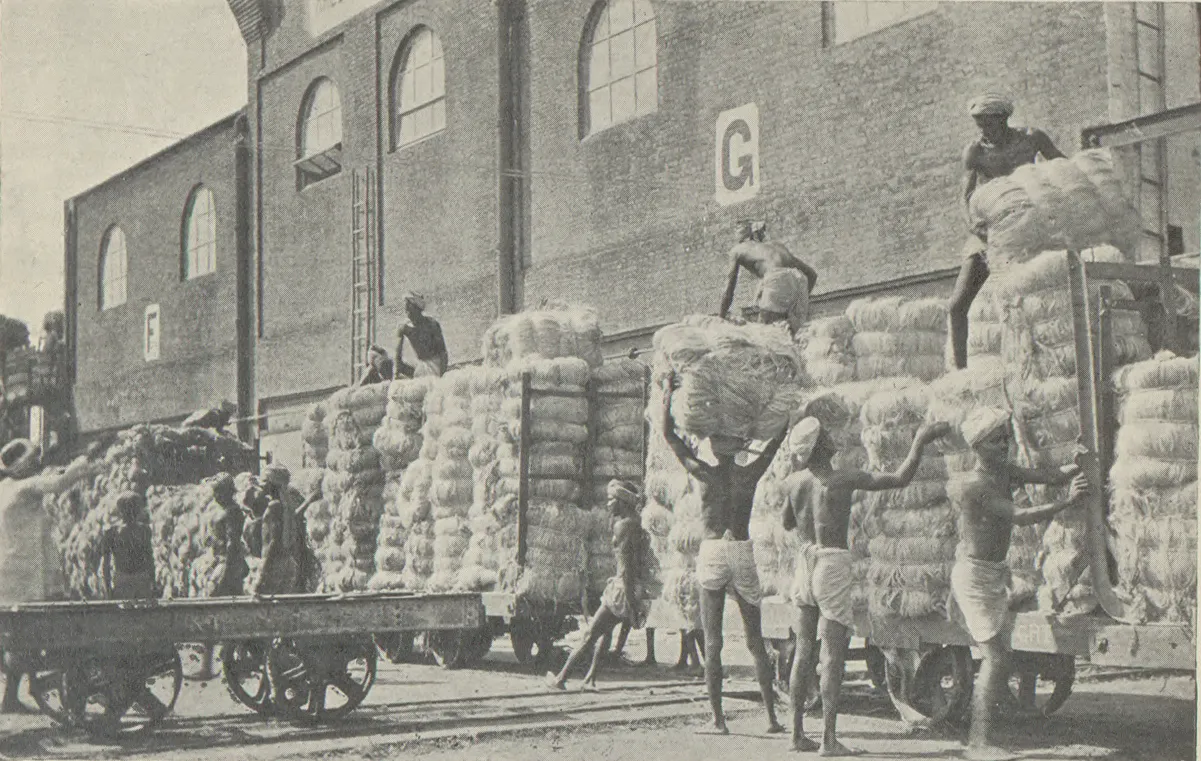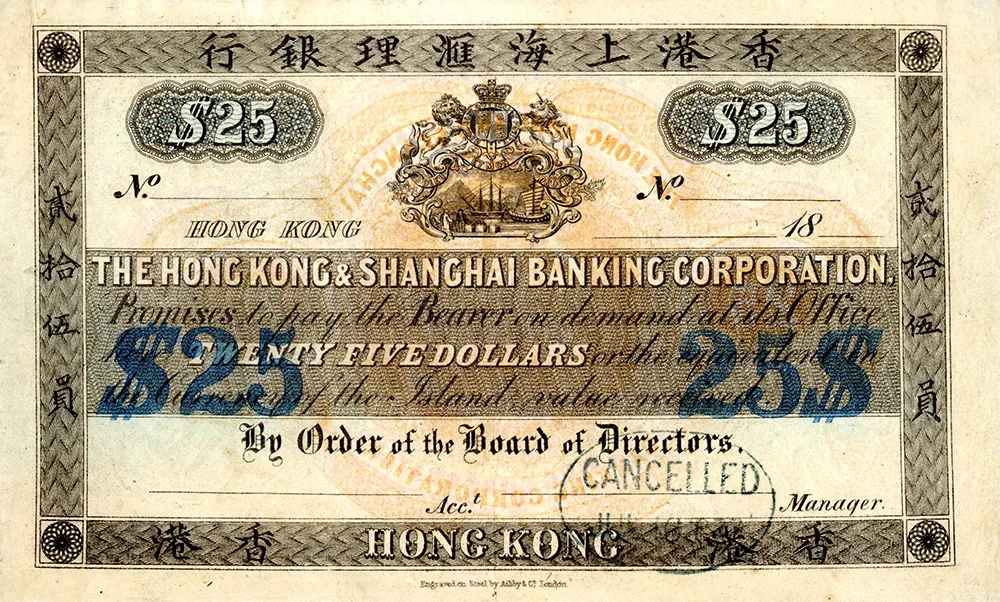“Wages of Females Shall Be Equal”: Early Feminism in the Lowell Mills
Discussion of early feminism focused on economic equality
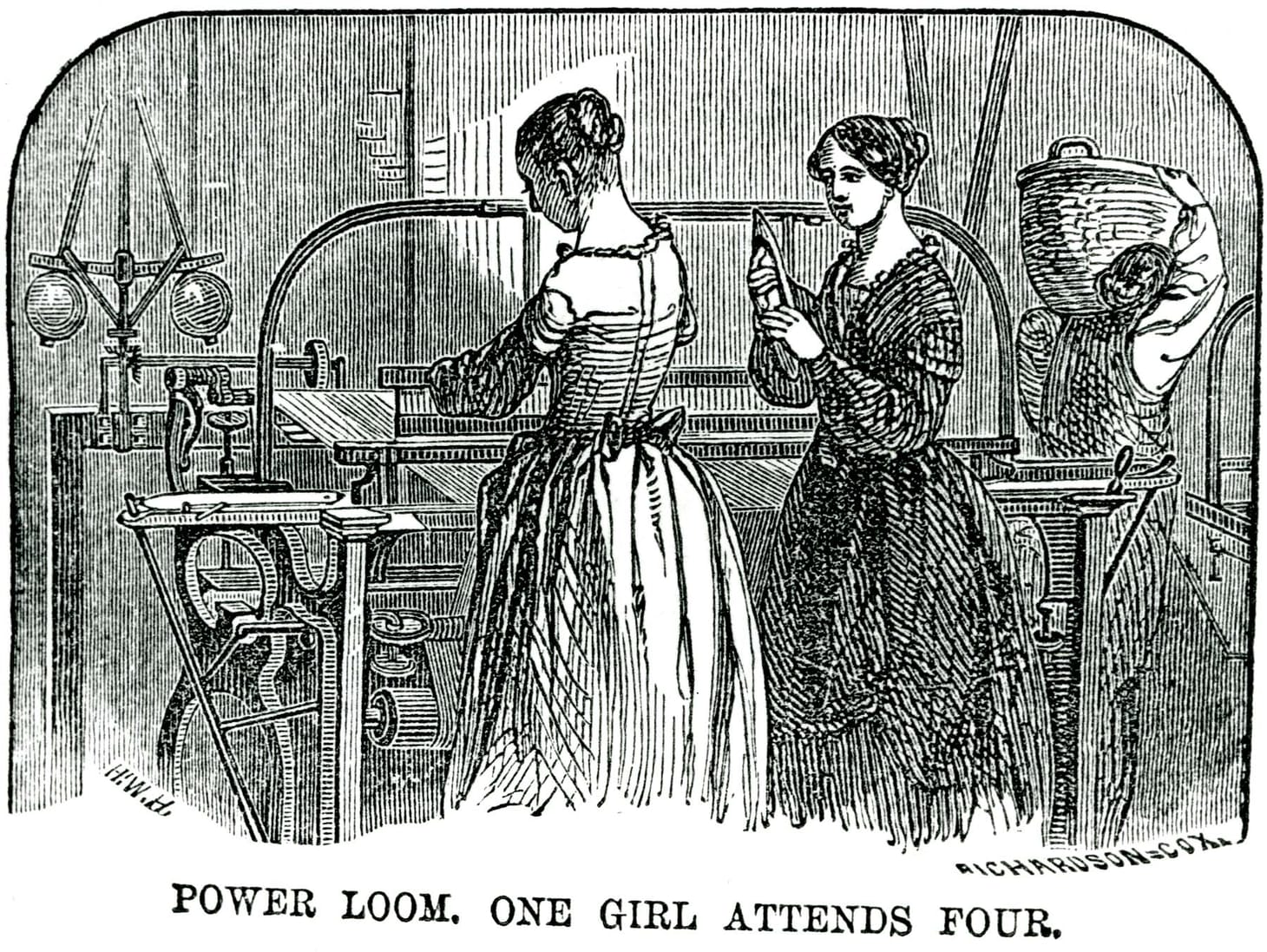
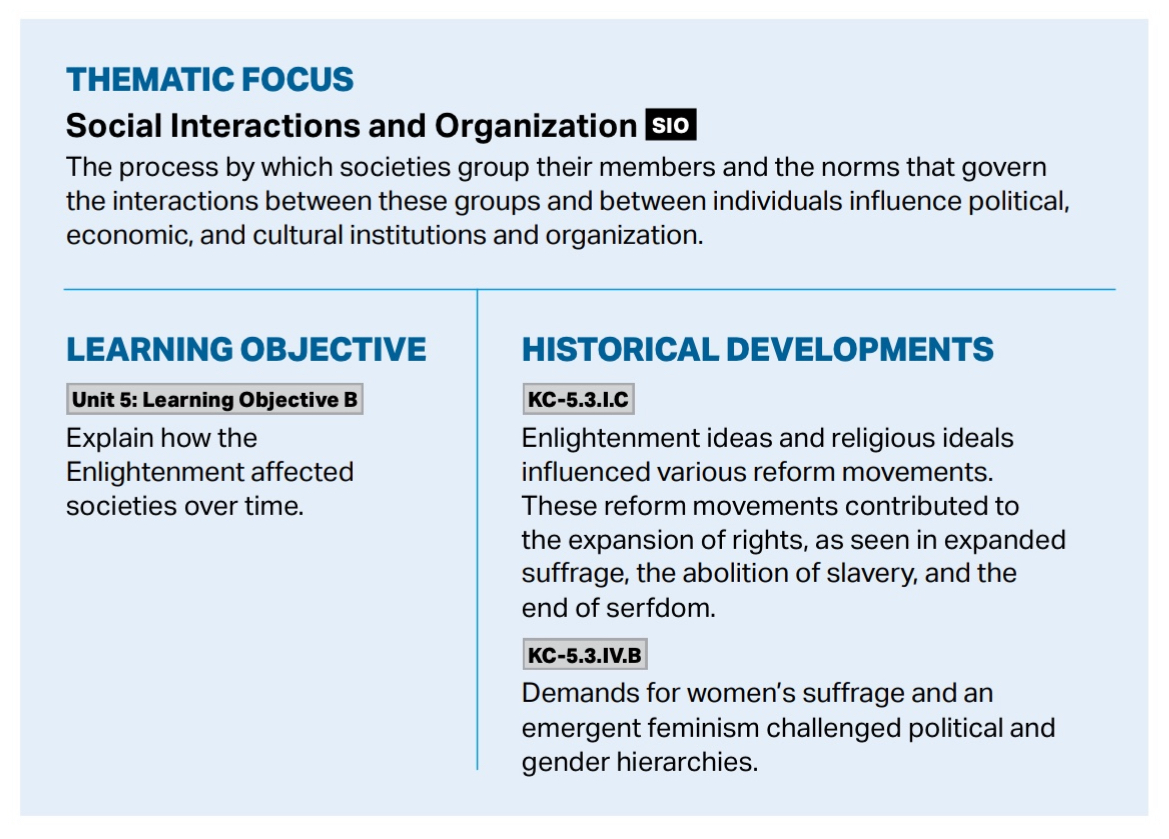
Many world history teachers use a standard set of examples when teaching about the early development of feminism and women’s rights. Most teachers will be familiar with Olympe de Gouge, Mary Wollstonecraft, and Elizabeth Cady Stanton. These women were critical to the development of feminism, but was all feminism about gaining equal civil rights or the right to vote?
The Source
This Content is for Subscribers on the Buy Me Lunch and Buy Me Dinner tiers
SubscribeAlready have an account? Log in

